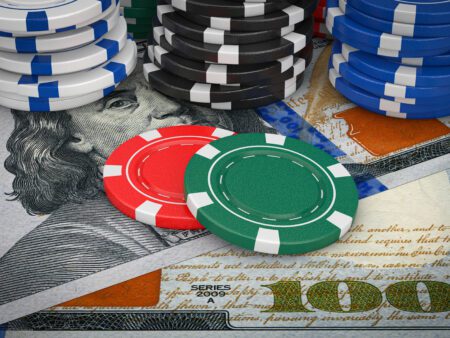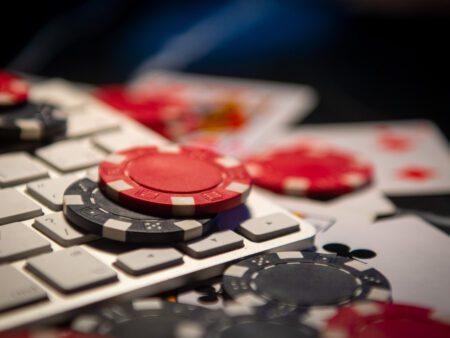Explore the psychological tactics used in gambling and discover strategies to stay ahead of the game. Understand the illusion of control, gambler’s fallacy, euphoric recall, and the contrast effect.
Psychological Manipulation in Gambling: How to Stay Ahead
The Power of Psychology in Gambling
Gambling is a game of chance, but did you know that psychology plays a vital role in determining whether you win or lose? Casinos have mastered the art of psychological manipulation to keep players engaged and increase their profits. In this article, we will explore the various psychological tactics used in gambling and provide strategies to help you stay ahead of the game.
The Illusion of Control
One of the most common psychological manipulations in gambling is the illusion of control. Casinos create an environment that gives players a false sense of control over the outcome of their bets. This illusion keeps players hooked and makes them believe that their decisions can impact the outcome.
To counter this manipulation, it is essential to understand that gambling is primarily based on luck. While skill and strategy can improve your chances, ultimately, the outcome is unpredictable. Set a budget and stick to it, avoiding the temptation to chase losses or overestimate your control over the game.
The Gambler’s Fallacy
Another psychological trap in gambling is the gambler’s fallacy. This fallacy is the belief that previous outcomes affect future results. For example, if a roulette wheel has landed on black multiple times in a row, some players may believe that red is due to hit soon. In reality, each spin of the wheel is independent and the probability of landing on a specific color remains the same.
To avoid falling into the gambler’s fallacy, it is crucial to understand that each game is independent of previous outcomes. Don’t let past events influence your decisions. Base your strategies on probabilities and odds rather than superstition.
Euphoric Recall
Casinos rely on the power of euphoric recall to keep players coming back for more. Euphoric recall is the tendency to remember past wins more vividly and frequently than losses. It creates a positive association with gambling, leading players to believe that they are more successful than they actually are.
To combat euphoric recall, keep a record of your wins and losses. This will provide a realistic perspective on your gambling results and help you make more informed decisions. Remember that gambling should be seen as entertainment, and losses are a part of the game.
The Contrast Effect
The contrast effect is a psychological phenomenon that influences how we perceive information based on what we have experienced recently. In gambling, casinos exploit this effect by offering rewards and perks that seem more valuable after a period of losses. These rewards create a contrast, making players feel like they are getting a good deal.
To avoid falling into the contrast effect trap, it is essential to analyze rewards objectively. Consider the overall odds and payouts rather than getting swayed by temporary perks. Don’t let short-term gains cloud your judgment.
Final Thoughts
Paying attention to the psychological manipulations used in gambling can help you make more informed decisions and stay ahead of the game. Remember to set a budget, base your strategies on probabilities, keep a realistic perspective on your wins and losses, and analyze rewards objectively. By understanding the power of psychology in gambling, you can minimize the impact of manipulations and increase your chances of success.










